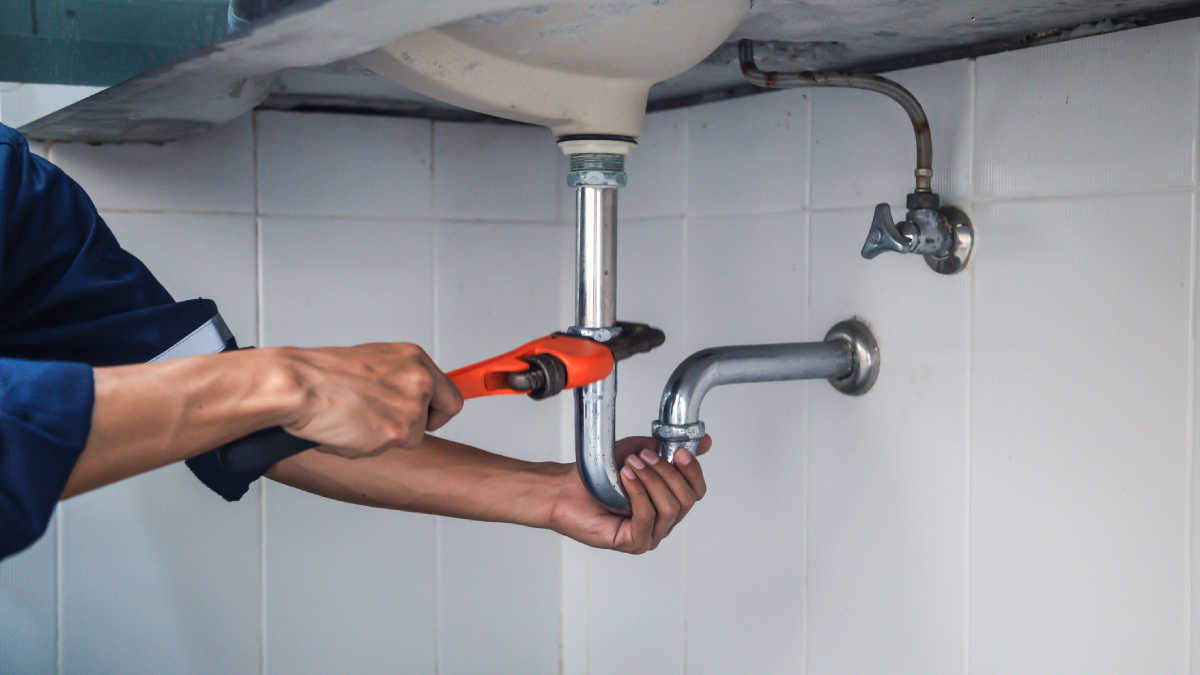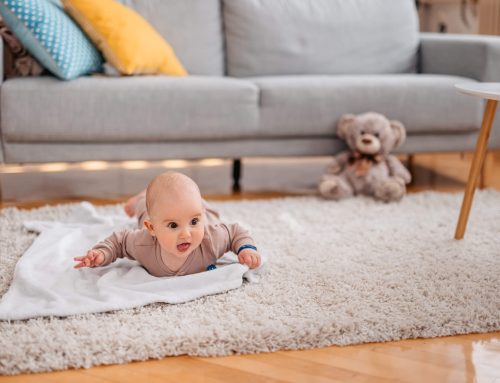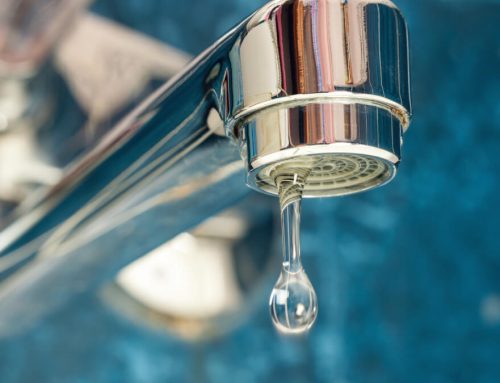
How to Prevent Leaking, Flooding and Clogs
You rely on your home’s plumbing system to support daily chores and plumbing fixtures, but unseen troubles can hide around every corner. Luckily, you can prevent obstructions, leaks and floods with a little regular upkeep. Here’s how to keep your water running and your stress levels low.
Spot and Avoid Leaks of All Sizes
Most of your home plumbing is hidden, so dripping pipes often go unnoticed until they create the potential for water damage. Regularly checking for leaks can help you catch issues early. Here’s how:
- Inspect under the sink for signs of pooling water, wood decay or mildew.
- Keep an eye out for slow leaks in any of your toilets by adding some drops of food coloring to the tank. If the color shows up in the bowl after 30 minutes without flushing, you’ve got a leak.
- Check around and behind your appliances, including the dishwasher or washing machine, for signs of water damage or leaks.
- Conduct a water meter test.
- First, turn off all water in your home via the water main.
- Then, head outside to read the water meter. Check it again after two hours, being careful not to use any water in the meantime.
- If the reading is different, there is a leak somewhere.
Use Mesh Strainers
Another effective way to prevent clogs is to place drain strainers over your kitchen sinks and shower drains. They trap hair, bits of soap, old toothpaste and other debris as water enters the drain. these strainers to keep your drains working properly.
Be Aware of What Not to Flush
Toilets are designed to safely remove human waste and toilet paper. Here’s what you should never flush:
- Baby and/or wet wipes
- Paper towels
- Cotton balls and swabs
- Sanitary products
- Diapers
- Dental floss
- Old medication
Be Aware of What Not to Rinse
Your kitchen sink may be fitted with a garbage disposal, but certain food items still belong in the trash can or compost heapp, and never rinsed down the drain, including:
- Cooking grease
- Tough foods like corn cobs and celery stalks
- Sticky foods like steamed rice or coffee grounds
- Solid objects such as fruit pits and bones
- Anything that isn’t edible. Silverware and other small items may end up in the disposal and damage something when you turn it on.
Install a Sump Pump
Installing a sump pump can really help prevent water damage, especially in regions prone to lots of rain. This device removes water that gathers in its sump basin, generally installed in the floor of your basement, and expels it away from the house. For homes that already have a sump pump, test it regularly by dumping some water into the pit. As long as the pump activates and the pit drains, you’re all set. If it doesn’t work properly, you have time to call a professional to repair it before another big thunderstorm rolls through.
Know Where the Main Shutoff Valve Is Located
Being knowledgeable about your plumbing system means knowing how to find your main water shutoff valve. This valve controls water coming into your home, so knowing where it is means you can turn it off quickly in a plumbing emergency. It’s also wise to turn off this valve before going away for an extended period. Common locations for the main shutoff valve include the basement, near the water heater, in a utility closet or outside the home buried underground.
Protect Your Pipes from Freezing
In climates with cold winters, protecting your pipes is crucial to avoid freezing and bursting. Here are some professional recommendations:
- Insulate pipes in purely functional/utility spaces like the basement, garage or attic using foam tubing or heating tape.
- Remove garden hoses from their spigots all through the winter to stop ice from forming inside the pipes.
- Keep your cabinet doors under the sink open during frigid weather to encourage airflow around the pipes.
Install a Backflow Valve
Another helpful plumbing tip is to set up a backflow valve in the basement floor drain to prevent sewage from flowing backward into their homes because of heavy rainfall. A professional plumber can fit this useful defense against sewage flowing back into the house.
Set Up Flood Alarms
Similar to how smoke alarms are a big part of good fire safety, flood alarms can help avoid water damage. These electric or battery-operated devices sense pooling water at the earliest stages of flooding or leaks, triggering an alarm to notify you. For even more protection, install smart flood alarms into your home security system. This alerts you on your phone as soon as water has been detected, enabling you to deal with leaks before they cause significant damage.
Work with a Reliable Plumber
While you can implement a wide variety preventive steps yourself to stop clogs, leaks and flooding, there are situations where you need an experienced plumber to keep things flowing smoothly. That’s where Moon Valley Plumbing excels. We work with some of the best plumbers serving U.S. homes from coast to coast with a 100% satisfaction guarantee.
If you’re not completely satisfied with our services by next year, we will do whatever it takes to make it right. This commitment shows how we deliver total comfort and peace of mind in your life. For some of the best plumbing service that exceeds expectations, please contact us today.

